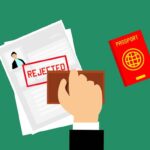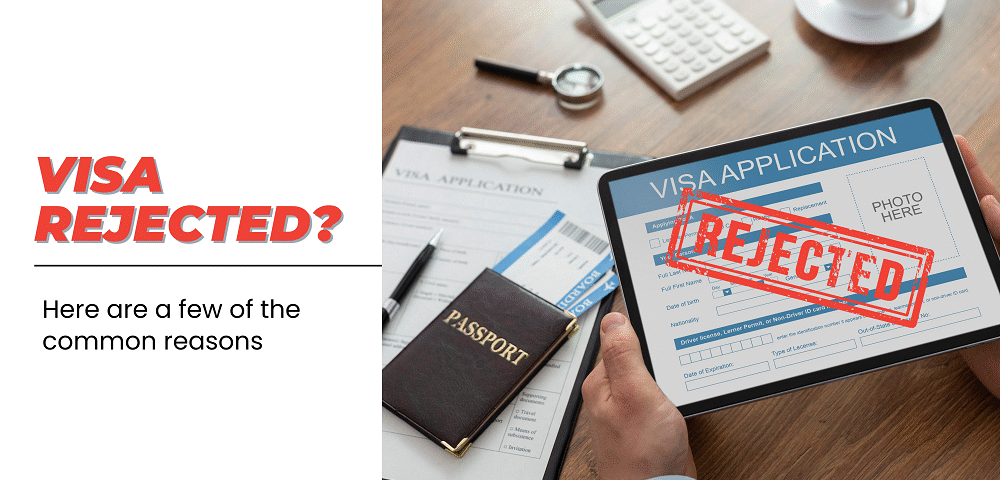
Why My USA Visa Got Rejected – And What You Can Learn From It
July 14, 2025
How to Prepare for a Successful Visa Interview – Tips That Work
July 15, 2025Applying for a visa is an important step when you plan to travel, study, or work abroad. But one of the most common concerns applicants face is rejection. Visa rejections can be disheartening, but they often occur due to some very avoidable mistakes. Here are seven major reasons why your visa application might get denied.
1. Incomplete or Incorrect Documentation
One of the top reasons for visa rejection is submitting incomplete or incorrect documents. Embassies are strict when it comes to document accuracy. A missing bank statement, outdated passport, or false document can instantly lead to denial. Always double-check the document checklist and get them verified if needed.
2. Weak Ties to Home Country
Embassies want to make sure that you will return to your home country after your trip. If your documents or interview fail to prove strong family, financial, or professional ties to your homeland, your visa may be rejected. You need to show that you have a solid reason to come back.
3. Poor Visa Interview Performance
Even if your paperwork is perfect, a weak interview can result in rejection. Nervousness, unclear answers, or inconsistent information can make visa officers doubt your intentions. It’s important to practice answers to common questions and speak with confidence and honesty.
4. Insufficient Financial Resources
If you can’t prove that you can afford the trip, your application will most likely be denied. Bank statements, income sources, and sponsorship letters must clearly show that you can manage your travel and stay without financial stress or dependency.
5. Previous Visa Rejections
If you’ve been denied a visa before, it can negatively affect future applications—especially if the issues that led to rejection are still unresolved. It’s important to understand the exact reason for your previous denial and address it properly before applying again.
6. Unclear Purpose of Visit
Many applicants fail to explain their visit clearly. If your application doesn’t clearly state your purpose—whether it’s tourism, study, or work—officers may suspect you’re hiding your real intentions. Always be specific and honest about your travel plans.
7. Overstaying or Violations in the Past
If you’ve overstayed a previous visa, violated travel laws, or worked illegally abroad, you could face an automatic rejection. Immigration systems track these records, and they impact future applications. It’s best to resolve such issues legally before applying again.

